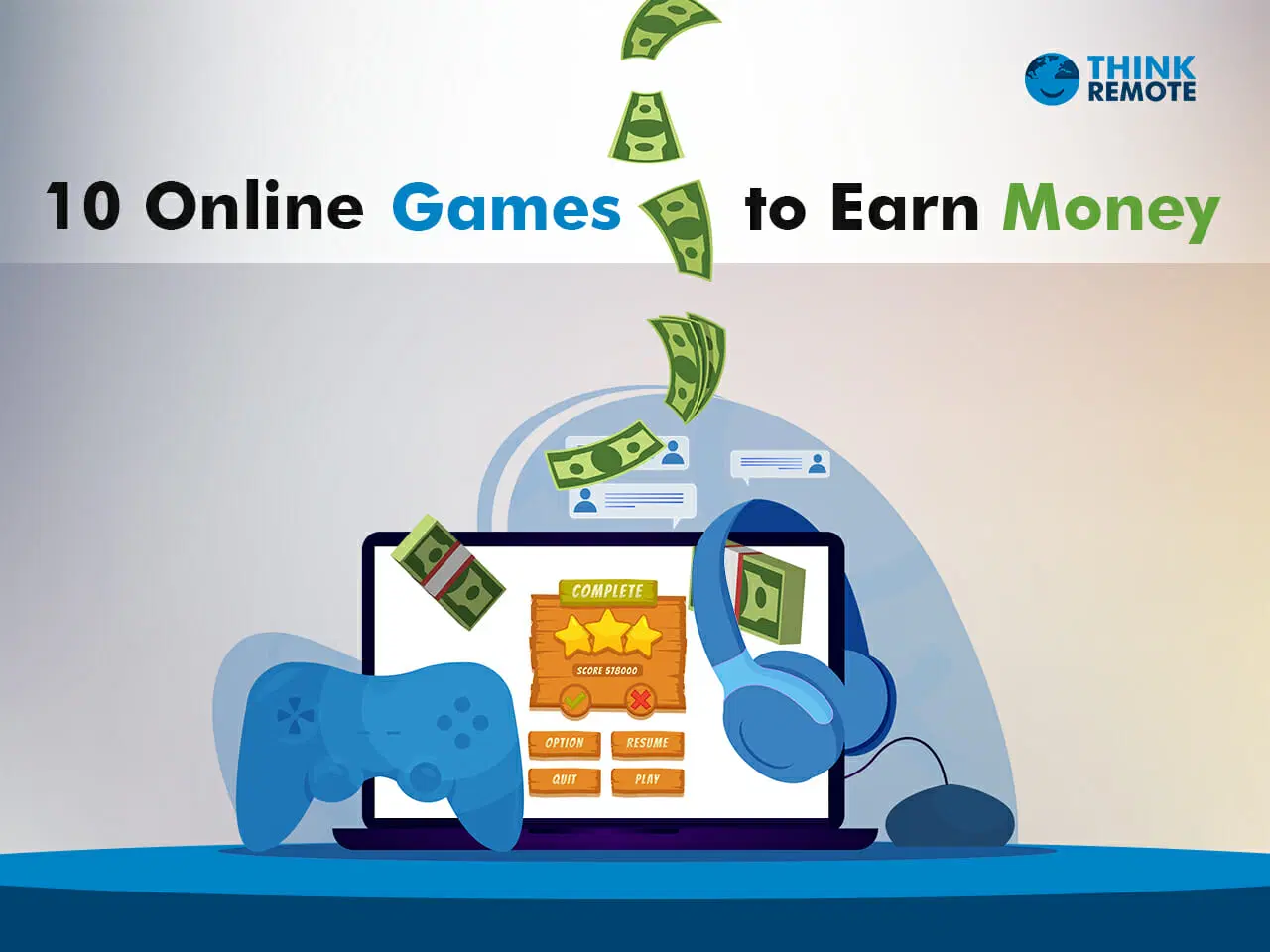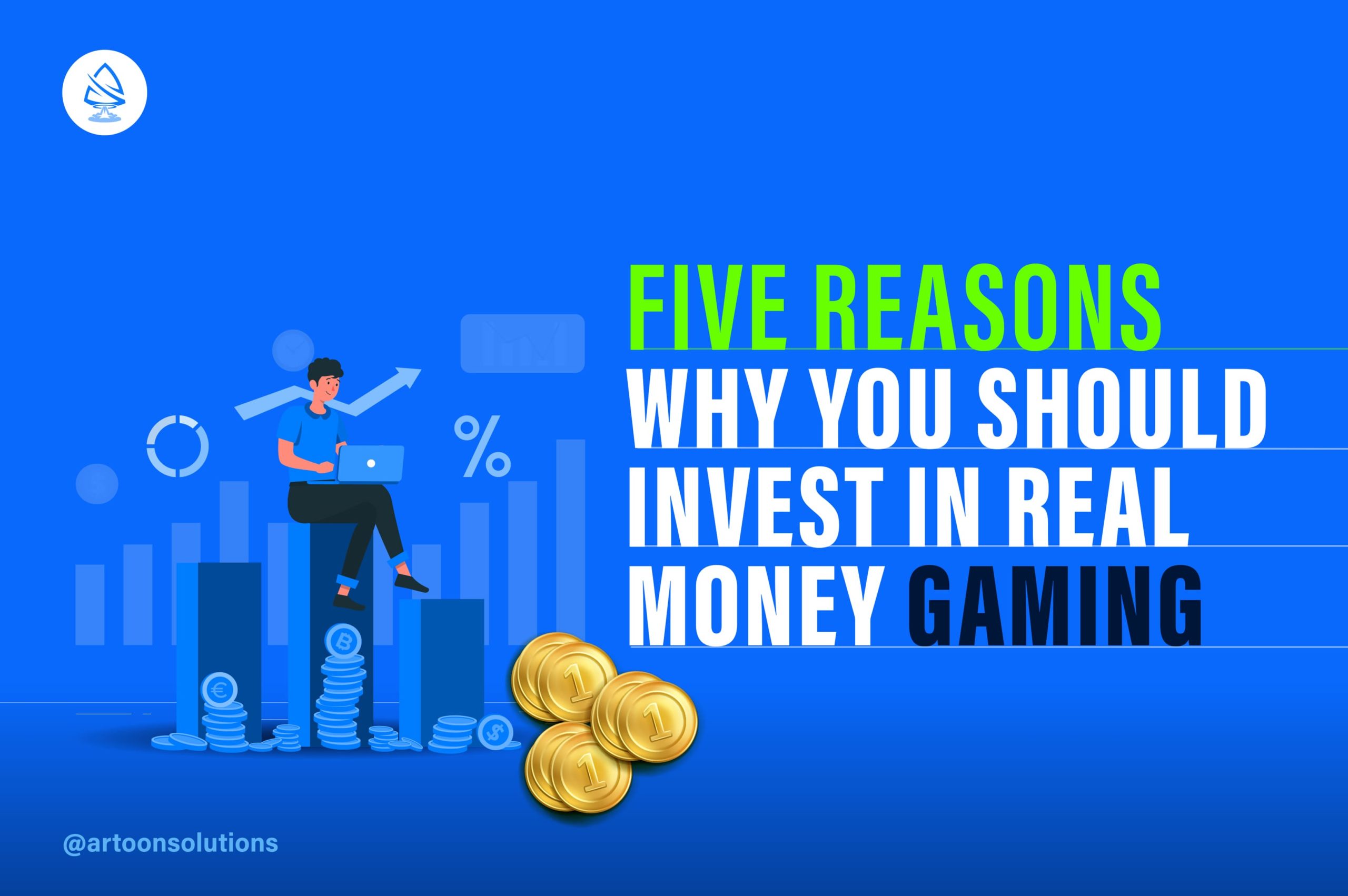Exactly How Play-to-Earn Games Are Changing the Gaming Industry

Recognizing Play-to-Earn Mechanics
The play-to-earn model has emerged as an innovative principle within the pc gaming industry, fundamentally altering the connection in between gamers and the video games they involve with. This version makes it possible for players to make concrete benefits, usually in the kind of cryptocurrencies or non-fungible tokens (NFTs), through their in-game activities. Unlike typical video gaming frameworks that typically monetize through subscription fees or one-time purchases, play-to-earn games incentivize player participation by straight connecting gameplay success to real-world value.
At the core of play-to-earn mechanics is the assimilation of blockchain modern technology, which makes certain openness and provable ownership of in-game assets. Players can acquire, market, or trade these possessions in decentralized markets, encouraging them with financial company previously undetected in traditional gaming environments. Each gamer's contribution to the video game environment-- be it with experienced play, calculated trading, or area participation-- boosts the general gaming experience while providing them a possibility to create revenue.
As gamers invest time and sources, they not only grow their involvement with the game yet likewise foster a vibrant economic situation that mirrors their collective initiatives (play and earn rewards). This improvement of gameplay into a monetizable endeavor is improving both player inspiration and game style
Economic Impact on Gamers

Moreover, play-to-earn versions equalize access to financial advantages. Players from differing socio-economic histories can take part and potentially gain considerable earnings, connecting gaps that exist in standard task markets. This paradigm shift fosters economic self-reliance, particularly in areas where employment opportunities may be restricted.
Additionally, the intro of online economic climates allows gamers to build wide range through strategic financial investments in in-game properties, which can value in time. This has actually caused the development of a brand-new class of gamers that approach play-to-earn as a severe income-generating task, usually causing the reinvestment of profits right into the gaming ecological community itself. Eventually, the financial effect on players is profound, as they browse a landscape where recreation and source of income merge.
The Role of Blockchain Innovation
What makes blockchain technology a keystone of play-to-earn games is its capability to see this here offer openness, decentralization, and protection. By utilizing a dispersed journal system, blockchain guarantees that all deals within the video game are videotaped in an immutable fashion, allowing players to verify ownership of in-game possessions without depending on a central authority. This transparency promotes depend on amongst gamers, as they can separately confirm the scarcity and provenance of digital items, enhancing their value.
In addition, blockchain technology empowers players through decentralization, enabling them to engage in peer-to-peer purchases. Gamers are no more restricted to in-game economic situations regulated by programmers; rather, they can trade, offer, or rent their properties openly in open industries. This change not just raises the total liquidity of electronic assets yet also motivates more meaningful player engagement, as customers can directly take advantage of their effort and time invested in the video game.
In addition, blockchain facilitates the production of smart contracts, which automate various in-game procedures, from incentives distribution to governance devices. play and earn rewards. This innovation lowers the threat of scams and guarantees fair game, additional solidifying blockchain's essential role in the advancement of play-to-earn video gaming
Criticisms and obstacles
Often, play-to-earn games encounter considerable difficulties and criticisms that can hinder their development and acceptance within the more comprehensive video gaming neighborhood. One key problem is the potential for a speculative bubble, where the worth of in-game assets can rise and fall drastically, bring about financial losses for players. This volatility threatens the security that standard gaming settings normally offer.
In addition, the assimilation of blockchain innovation frequently elevates questions concerning environmental sustainability. The energy usage connected with specific blockchain networks has actually stimulated discussions relating to the environmental impact of these games. Doubters argue that the carbon footprint created by play-to-earn systems might hinder eco-conscious gamers.
Furthermore, there are problems about access and inclusivity. Numerous play-to-earn games need gamers to spend significant in advance capital to obtain required possessions, developing barriers for those with restricted funds. This model can unintentionally develop a divide in between wealthier gamers and those that can not afford to participate.
Future Patterns in Video Gaming
As the gaming industry continues to evolve, several future patterns are arising that assurance to improve the landscape of play-to-earn games and beyond. One significant trend is the raising assimilation of blockchain modern technology, which boosts openness and protection in deals. This will likely see this bring about better trust fund amongst players, encouraging wider fostering of play-to-earn versions.
Additionally, the rise of non-fungible tokens (NFTs) is readied to change digital possession, allowing players to absolutely possess in-game possessions. This shift will not just equip gamers yet also create brand-new financial opportunities within the virtual ecosystem. The merging of gaming with other industries, such as social media and decentralized finance (DeFi), is anticipated to promote ingenious gameplay technicians and monetization techniques.
Moreover, developments in expert system and artificial intelligence will certainly enable more tailored video gaming experiences, dealing with individual gamer choices and improving interaction. Ultimately, the growing focus on community-driven growth will likely influence video game layout, as gamers increasingly take part in forming their gaming atmospheres. Collectively, these patterns show a transformative future for the gaming market, where play-to-earn models will play a central duty in redefining gamer interaction and value development.
Verdict
Finally, play-to-earn video games represent a significant change in the pc gaming sector, promoting financial possibilities through ingenious technicians that utilize blockchain technology. This model not only equalizes access to financial benefits for players from various socio-economic backgrounds but also urges neighborhood interaction and empowerment. In spite of dealing with objections and difficulties, the capacity for future innovations recommends that play-to-earn video games will remain to shape the gaming landscape, offering new methods for wide range creation and player involvement.
The development of play-to-earn games represents a substantial change in the video gaming market, reshaping the relationship in between gamers and the digital economic situation (play and earn rewards).The play-to-earn version has actually emerged as an advanced concept within the gaming industry, basically changing the partnership between players and the video games they involve with. Unlike traditional video gaming structures that typically generate income from through subscription costs or single purchases, play-to-earn video games incentivize player involvement by directly linking gameplay success to real-world value
These innovative pc gaming platforms equip gamers to generate real-world revenue with their in-game tasks, click for info thereby changing the standard notion of gaming from a mere pastime right into a viable financial chance. Regardless of facing difficulties and objections, the potential for future improvements suggests that play-to-earn video games will proceed to form the pc gaming landscape, offering brand-new avenues for wide range creation and gamer participation.